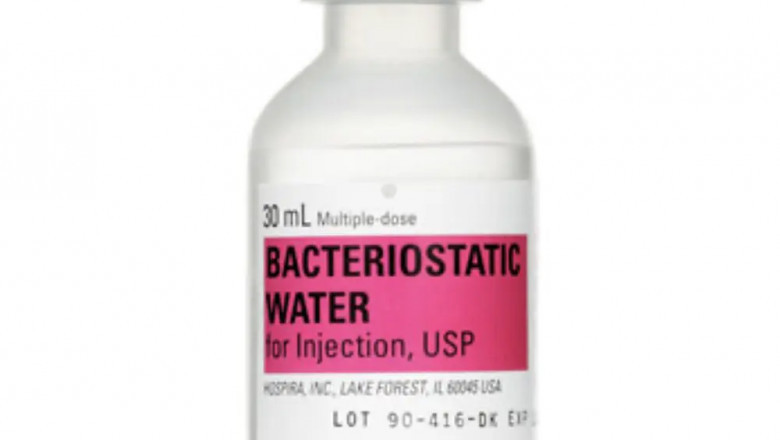views
When it comes to regenerative health and peptide therapy, two key players often come into discussion - NAD+ and glutathione. Both of these compounds play crucial roles in supporting cellular function and overall well-being. In this article, we will delve into the unique roles of NAD+ and glutathione, how they differ, and how they can benefit individuals seeking peptide therapy.
What is NAD+?
NAD+ stands for Nicotinamide Adenine Dinucleotide, a coenzyme that is found in all living cells. It plays a vital role in various cellular processes, including energy production, DNA repair, and gene expression. NAD+ levels naturally decline with age, leading to various health issues such as decreased metabolism, decreased cognitive function, and increased oxidative stress.
How does NAD+ benefit regenerative health?
-
Boosts energy production in cells
-
Supports DNA repair mechanisms
-
Enhances cognitive function
-
Reduces oxidative stress
-
Supports healthy aging
What is Glutathione?
Glutathione is a powerful antioxidant that is produced by the body naturally. It plays a vital role in neutralizing free radicals, reducing inflammation, and detoxifying the body. Glutathione levels can be depleted by factors such as stress, poor diet, and environmental toxins, leading to increased oxidative damage and cellular dysfunction.
How does Glutathione benefit regenerative health?
-
Neutralizes free radicals and reduces oxidative stress
-
Supports immune function
-
Detoxifies the body from harmful substances
-
Supports skin health and reduces signs of aging
NAD+ vs Glutathione - How do they differ?
While both NAD+ and glutathione play crucial roles in supporting cellular function and overall health, they differ in their mechanisms of action and benefits. NAD+ primarily focuses on energy production and DNA repair, while glutathione specializes in neutralizing free radicals and detoxification.
Which one should you choose for regenerative health?
The choice between NAD+ and glutathione ultimately depends on your specific health goals and needs. Those looking to boost energy levels, improve cognitive function, and support healthy aging may benefit more from NAD+. On the other hand, individuals seeking to reduce oxidative stress, support immune function, and detoxify their bodies may find glutathione more beneficial.
Peptide Therapy and NAD+ vs Glutathione
For individuals seeking peptide therapy online, understanding the roles of NAD+ and glutathione is crucial. Peptide therapy can help optimize cellular function and promote overall well-being by supplementing with specific peptides that target various pathways in the body. Incorporating NAD+ and glutathione into peptide therapy routines can enhance the effectiveness of treatment and support regenerative health goals.
How can you incorporate NAD+ and Glutathione into your peptide therapy routine?
Consult with a healthcare provider knowledgeable in peptide therapy
Discuss your health goals and concerns to determine the best approach
Follow a personalized treatment plan that includes NAD+ and glutathione supplementation
Monitor your progress and adjust your peptide therapy routine as needed
In conclusion, NAD+ and glutathione play unique and essential roles in regenerative health and peptide therapy. Understanding their mechanisms of action, benefits, and how to incorporate them into a personalized treatment plan can help individuals optimize their cellular function and support overall well-being. Whether you choose NAD+, glutathione, or both, focusing on regenerative health can lead to better health outcomes and improved quality of life.






















Comments
0 comment